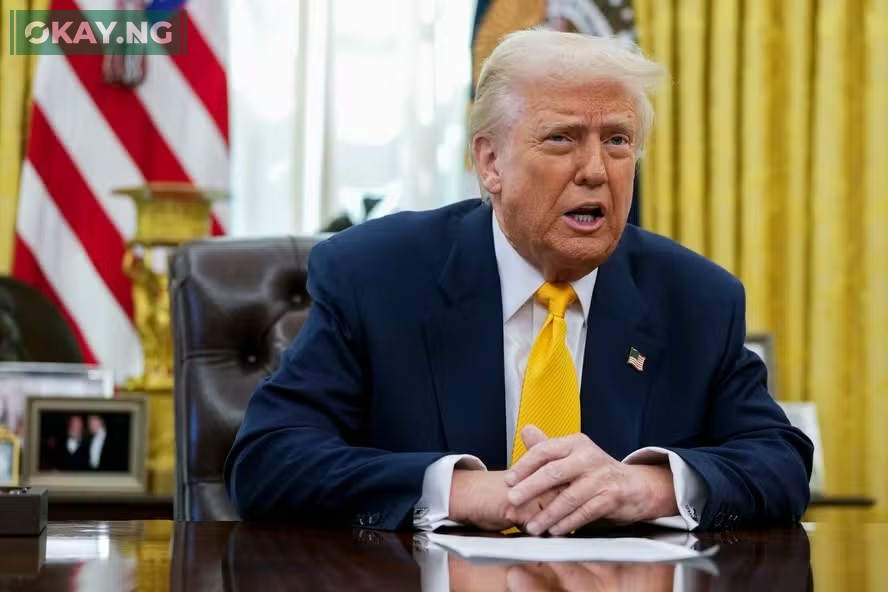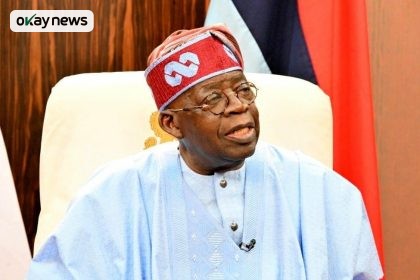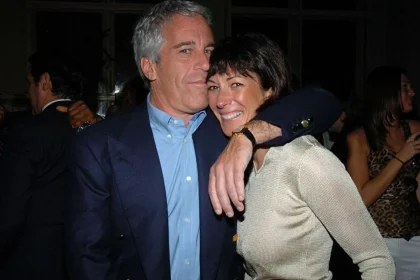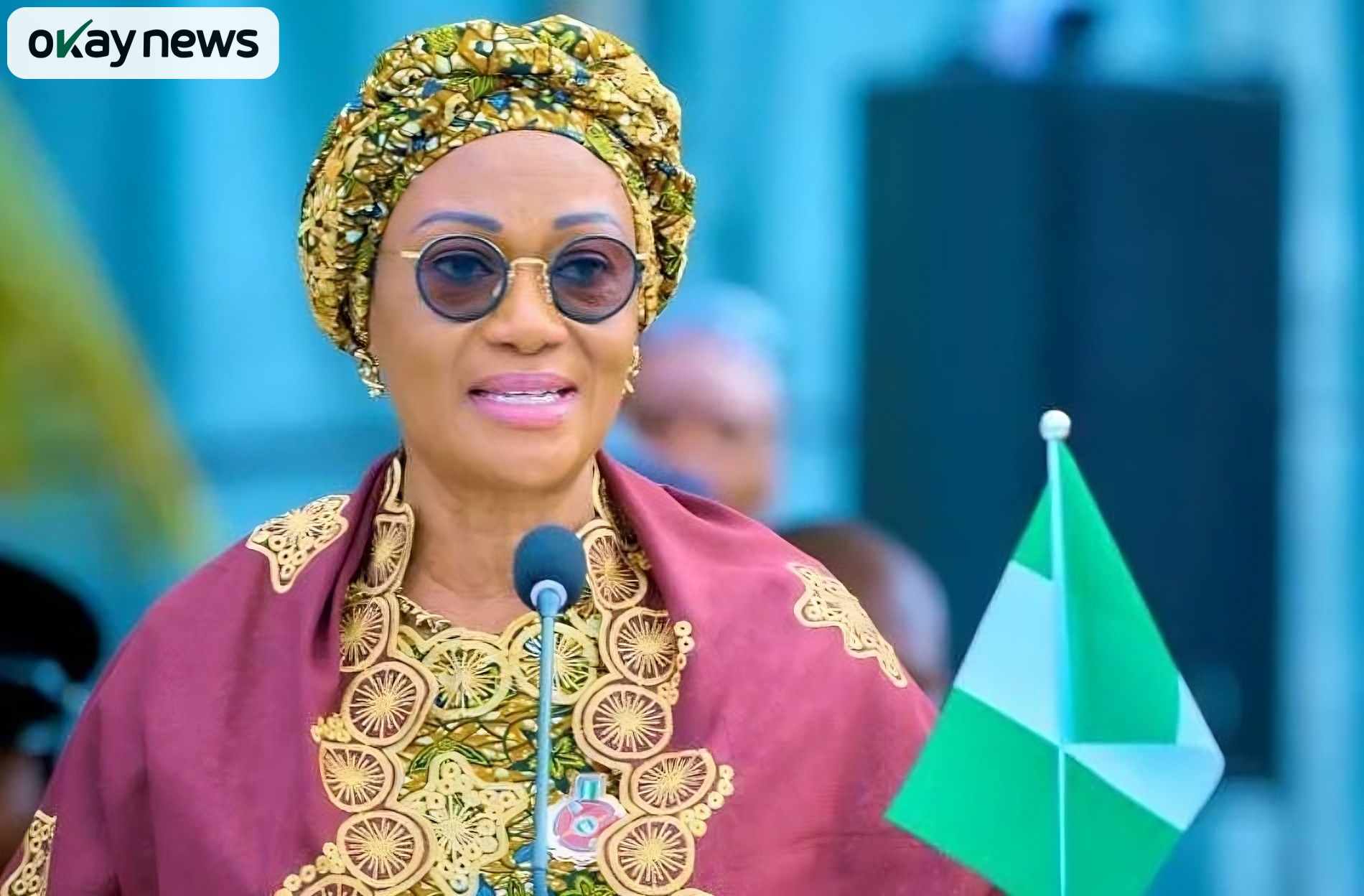In a sharply worded speech broadcast nationwide, Brazil’s President Luiz Inacio Lula da Silva condemned US President Donald Trump’s recent declaration to impose a 50 percent tariff on Brazilian exports. Lula characterized Trump’s threat as “unacceptable blackmail,” underscoring the tension between the world’s two largest democracies.
Trump’s tariff announcement came on July 9, cited as retaliation for what he called a “witch hunt” against his political ally, former President Jair Bolsonaro, currently facing a legal trial in Brazil. The United States alleges Brazil engages in “unfair trading practices” and has initiated an investigation into these claims, with the tariffs set to take effect on August 1 unless both governments reach a diplomatic agreement.
Lula rebuked Brazilian politicians who support Trump’s maneuvers, labeling them “traitors to the homeland.” He expressed a commitment to maintaining “good commercial and diplomatic relations” but emphasized, “Brazil has only one owner: the Brazilian people.” This dispute unfolds amid Bolsonaro’s legal battle, where he faces a possible 40-year prison sentence over accusations of plotting a coup after his narrow defeat to Lula in 2022.
Earlier on the same day, Trump took to his social media platform, Truth Social, publishing a letter addressed to Bolsonaro. In it, he called for Lula’s administration to “change course” and cease attacks on Bolsonaro, whom Trump described as a victim of an “unjust system.” He also voiced concerns about “attacks on free speech” in both Brazil and the United States, alluding to the recent suspension of the conservative-favored video platform, Rumble, in Brazil.
Unlike other US tariff actions driven by economic grounds, the tariffs on Brazil have been announced explicitly within the political context, heightening diplomatic friction. Although the US runs a trade surplus with Brazil, Washington has not specified particular grievances despite Brazil’s repeated requests. Brazilian officials have formally expressed their “indignation” at the severity of the proposed tariffs in communications to US trade authorities.
This escalating episode highlights the complex interplay of politics, trade, and international relations between Brazil and the United States as both nations seek to assert their interests on the global stage.







